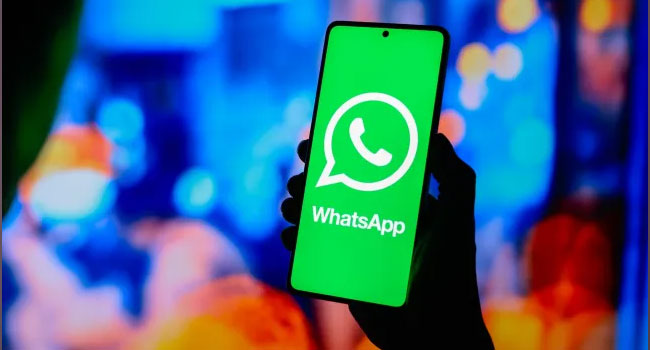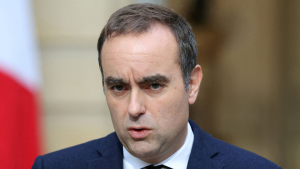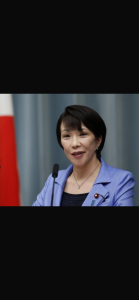
Iran has lifted its two-year ban on WhatsApp and Google Play services, a decision made by the country’s Supreme Council of Cyberspace. This move comes amidst the country’s ongoing economic challenges, including high inflation, a plunging currency, and energy shortages exacerbated by a cold wave. However, despite the lifting of the ban on WhatsApp, many other platforms, including Instagram and Telegram, remain blocked.
For some Iranians, like Tehran-based cafe owner Ardavan Yousefi, the restoration of WhatsApp’s accessibility went unnoticed, as many still rely on VPNs to access other popular platforms.
Amir Rashidi, director of digital rights at Miaan Group, suggested that the decision to lift the WhatsApp ban was an attempt to pacify public dissatisfaction rather than a significant shift in policy, given WhatsApp’s lesser popularity in the country compared to other platforms.
The Iranian government imposed sweeping internet restrictions following the 2022 protests over the death of Mahsa Amini in custody.
Meta, the owner of WhatsApp, Instagram, and Facebook, has not set up offices in Iran, citing U.S. sanctions, and the Iranian government has maintained that online platforms must comply with local regulations and “Islamic values” for reinstatement.
While the lifting of the WhatsApp ban is seen by some as a small but positive step toward broader internet freedoms, critics argue that many more pressing issues remain unaddressed.
Some Iranians, like Amir Heidari, a software developer, view the move as a hopeful sign of future changes. However, others, such as fitness trainer Elaheh Khojasteh, feel that more significant concerns need attention before celebrating any progress.






